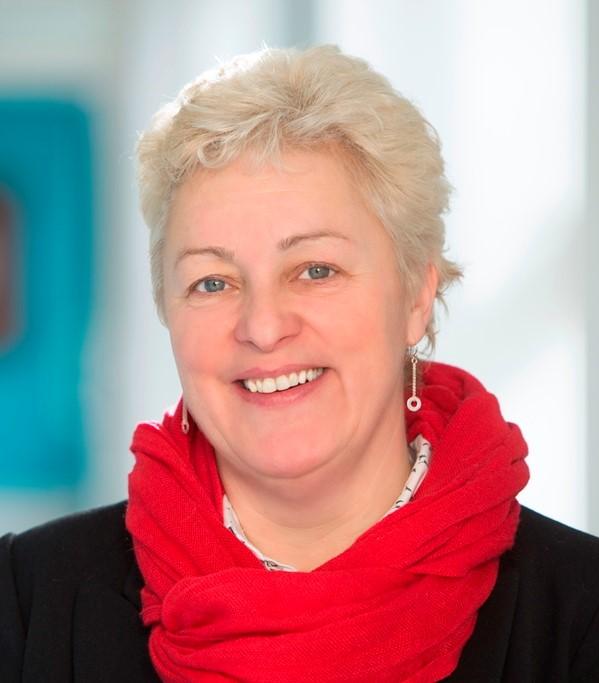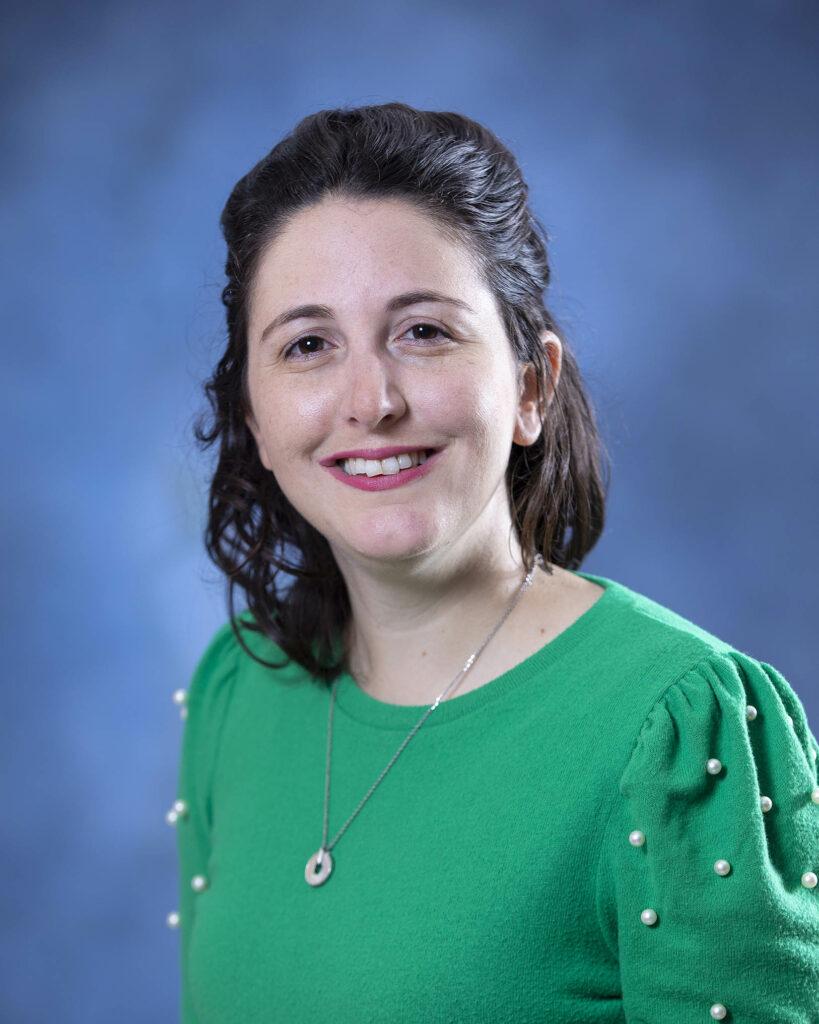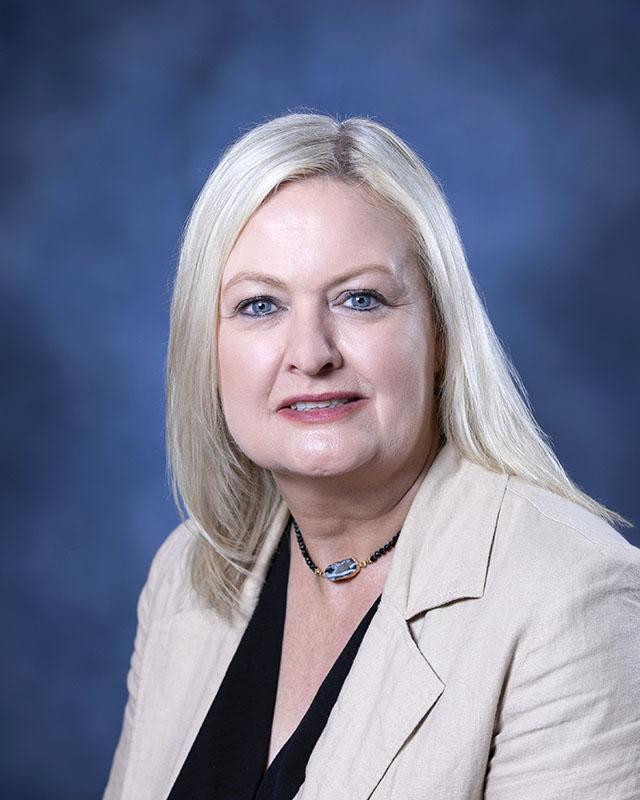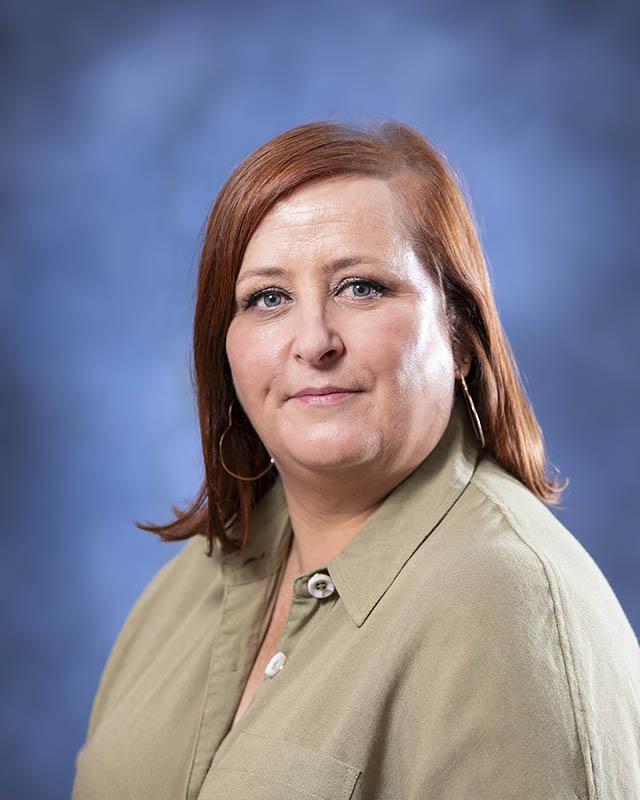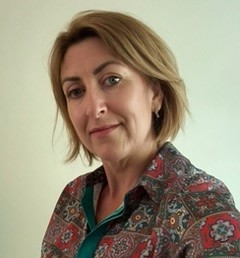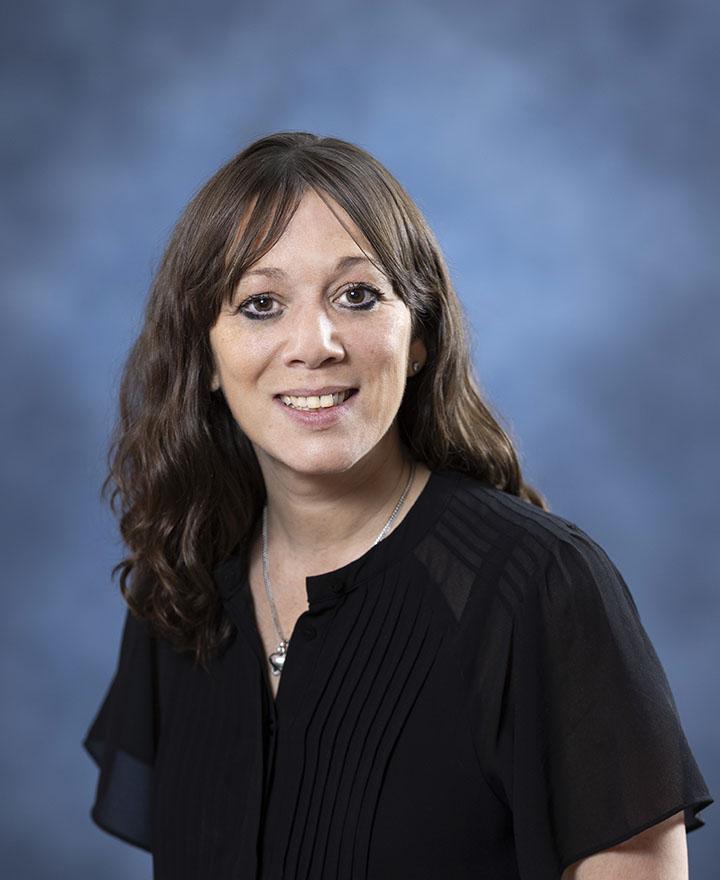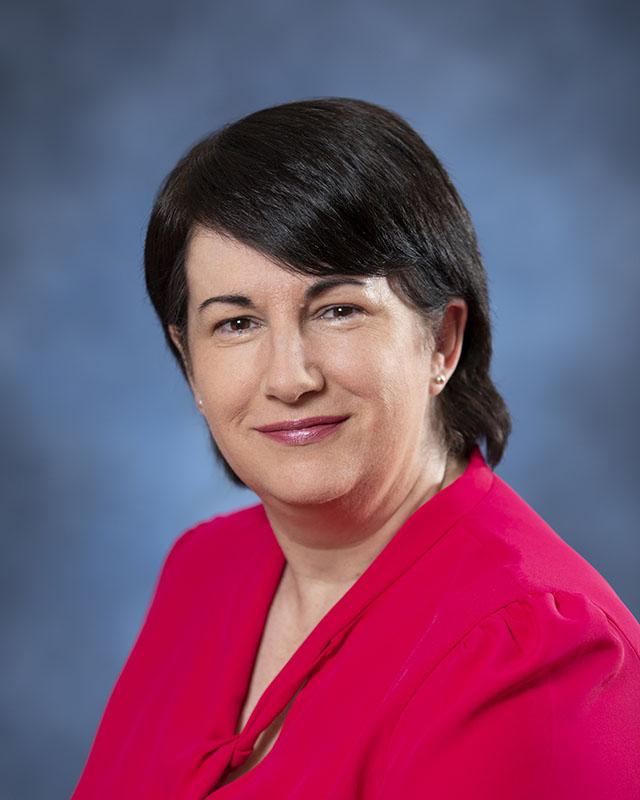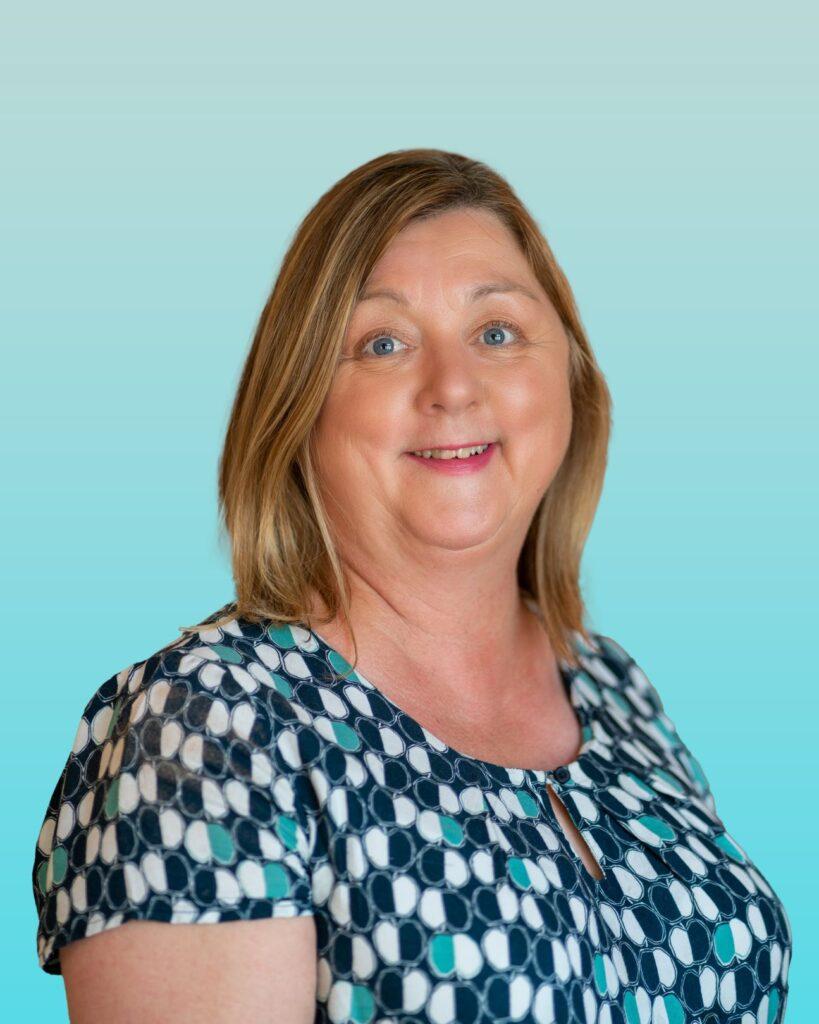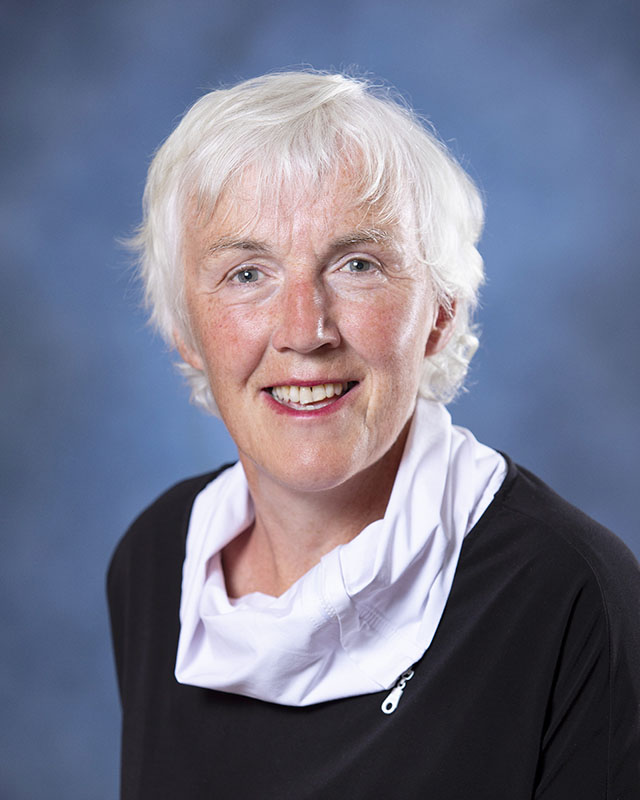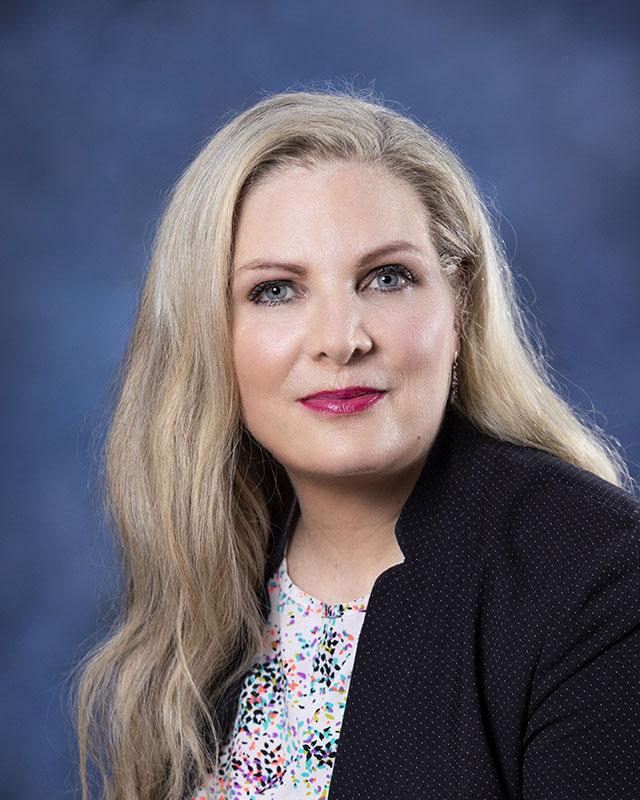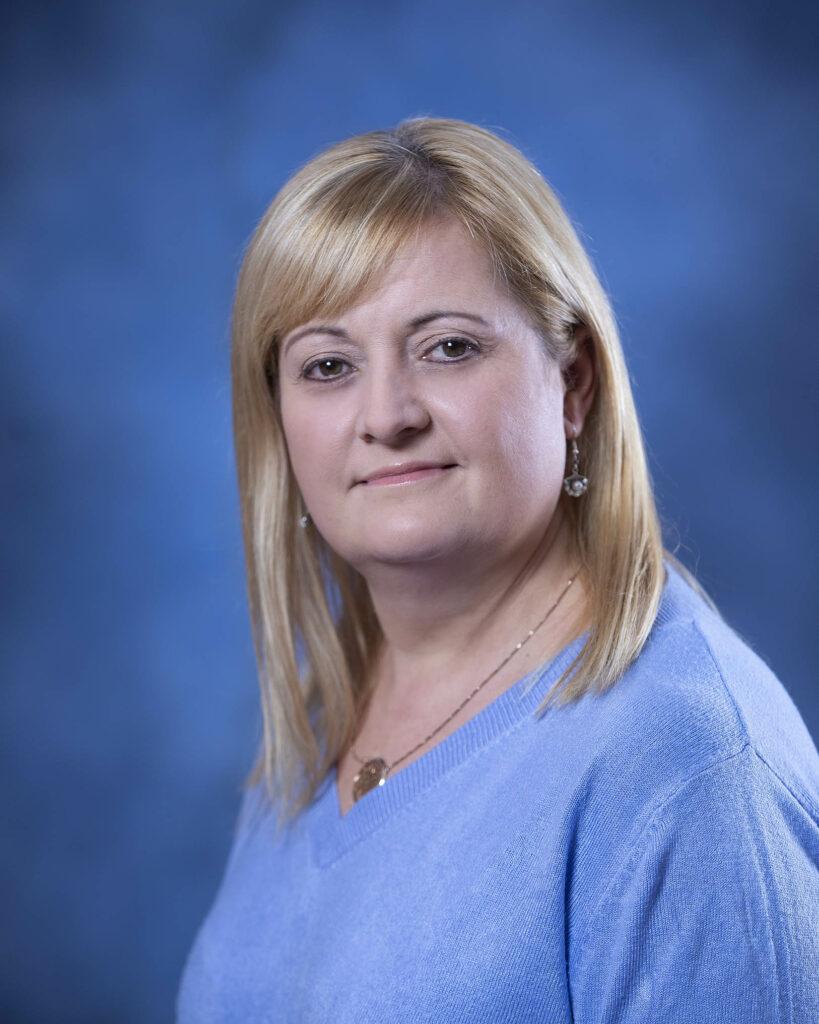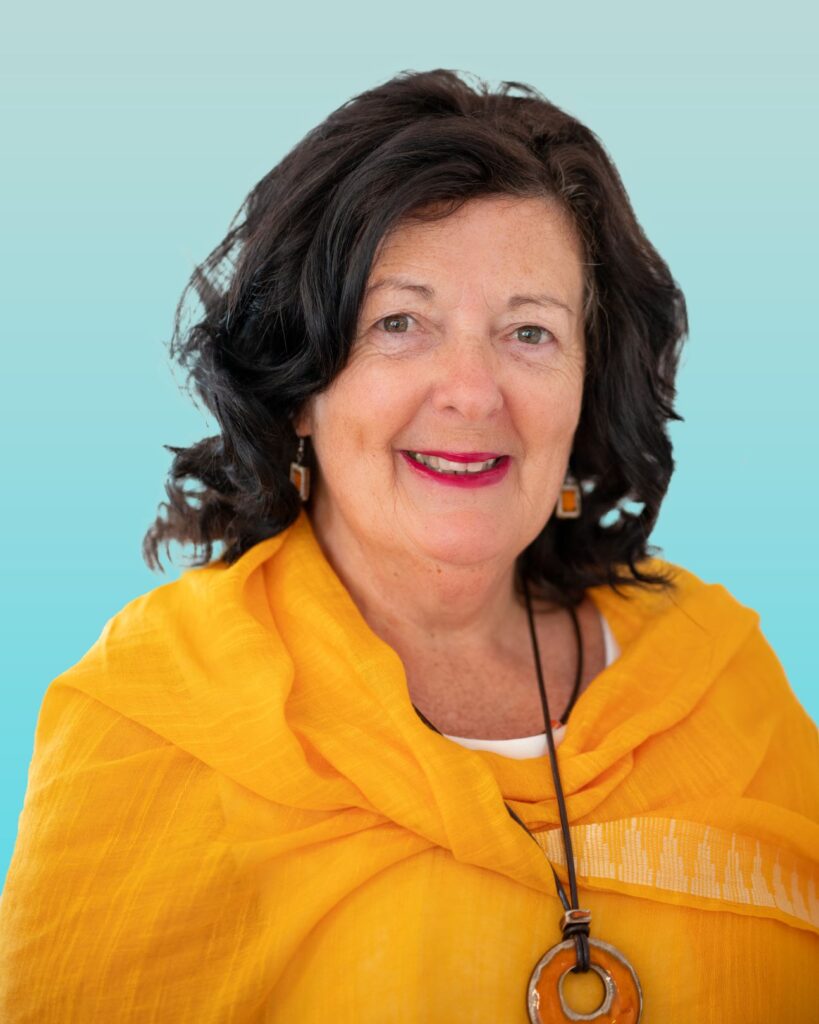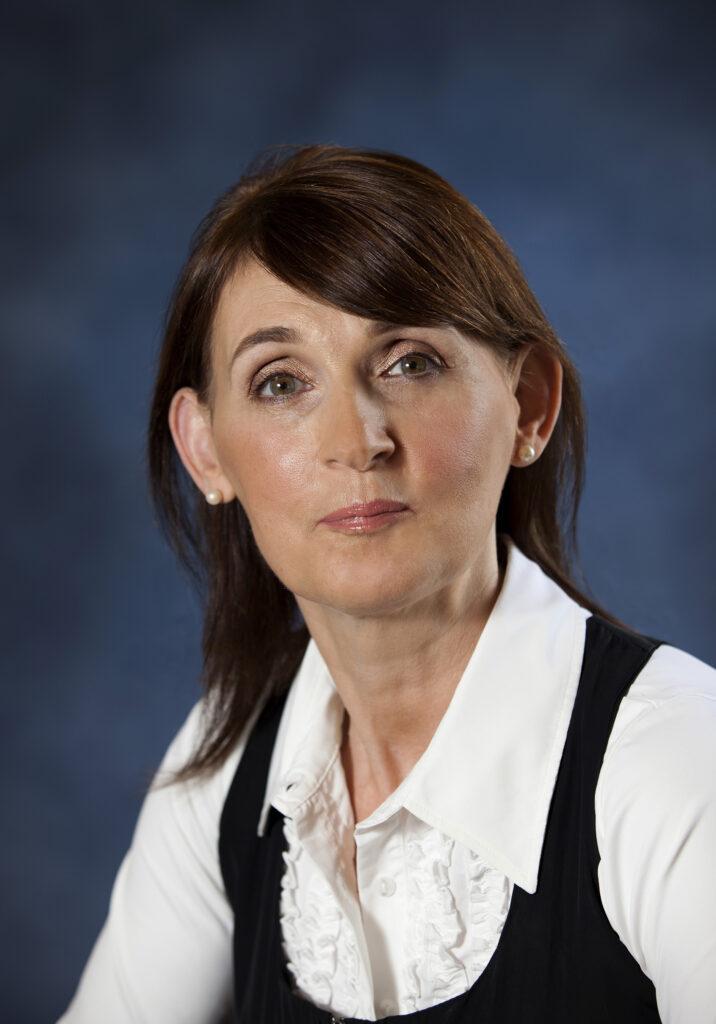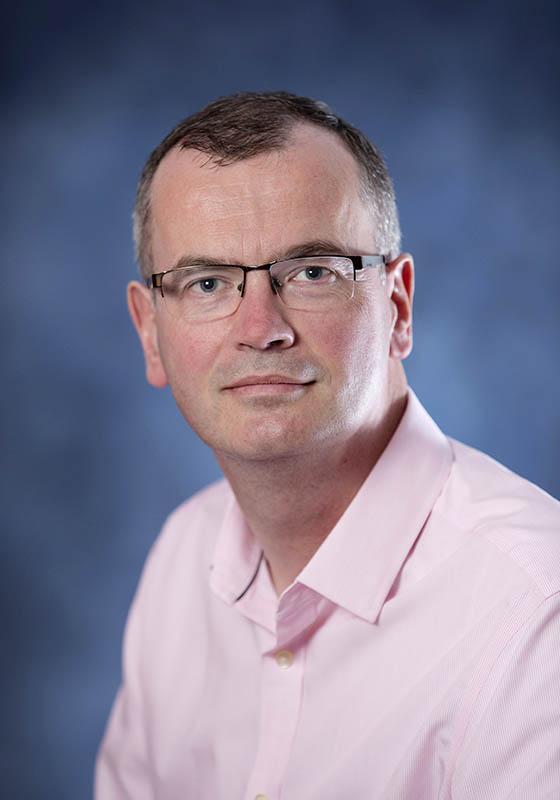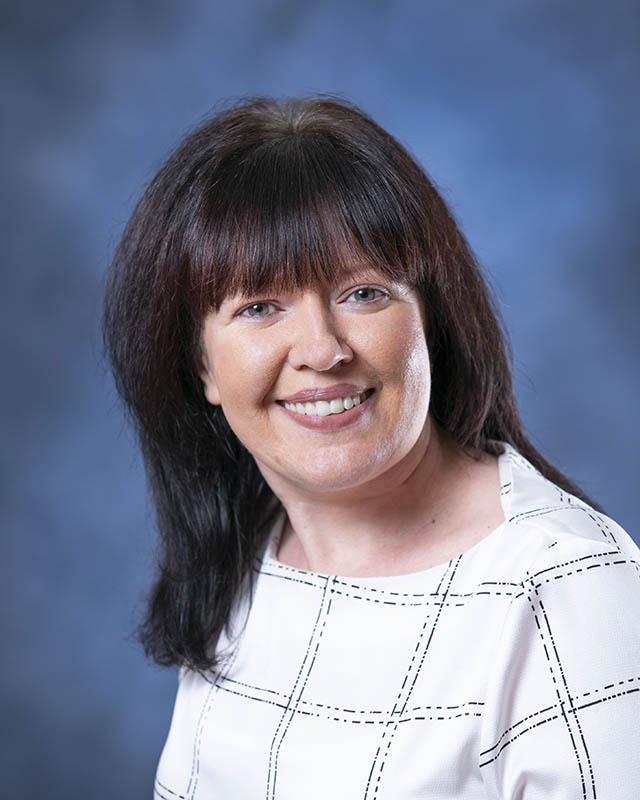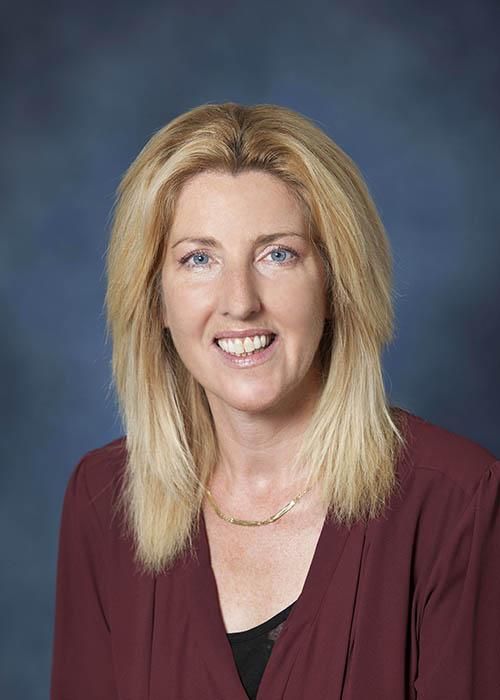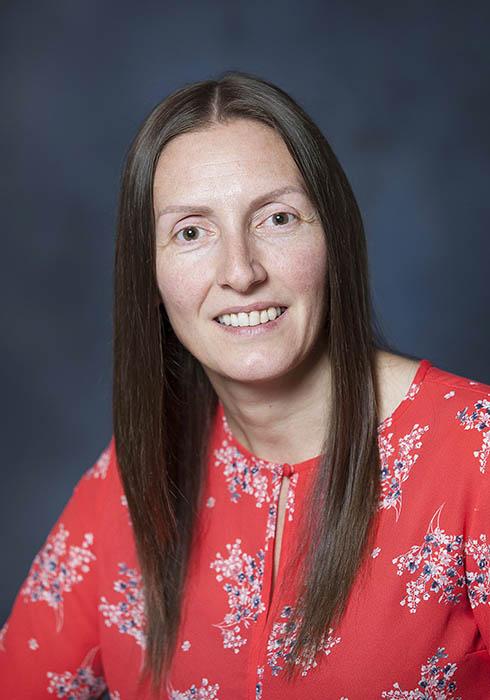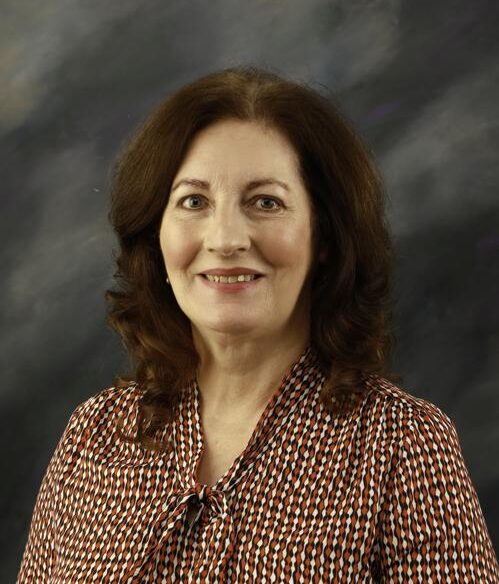The Samaritans report that an average of 500 people in Ireland die each year through Suicide, and that number is on the increase. Pieta house (The centre for the prevention of self harm and Suicide), recently reported a 40% increase in demand for its services. Suicide therefore is a real and present concern for many people and their families.
A person who attempts Suicide is not always intent on ending their life. However more people in Ireland are affected by Suicide than by road traffic deaths each year. Suicide is a fatal act of self harm, and Suicidal ideation can be described as the thought of wanting to take one’s own life, or thinking about Suicide without an actual plan to carry out the act. It can involve a real and imminent plan to commit suicide, or be a vague wish to die, arising from hopelessness.

Suicidal thoughts can arise in anyone, for a myriad of reasons. These thoughts can arise when a person feels overwhelmed and unable to cope, as a result of illness, death, financial worries, isolation, sexual abuse, depression etc. These thoughts are associated with a loss of hope, a sense of bleakness, and a thought that ending their life is the only possible solution to an insurmountable problem. Suicide for many can seem like the only option.
There is much written in the literature about the factors which may lead to suicide. These cite, age, gender, isolation, low social support, significant life events, depression etc as relevant factors. However there is little that describes a person’s feelings or experience whilst Suicidal. The literature that does exist suggests that in times of crisis and suicidal ideation people value acceptance, compassion and emotional identification. Counselling and psychotherapy can provide an environment where it is possible to explore a person’s feeling of detachment from others, and allow time to talk about and express the feelings which are leading to Suicidal ideation.
Some of the most common feelings experienced by those feeling suicidal are overwhelming experiences of feeling alone, isolated, unsupported and withdrawn. The person in the Suicidal place has become disconnected from humanity and is often feeling dead inside. Counselling can provide a space in which to experience re-connecting with the world, through re establishing a person’s trust in humanity and ultimately themselves.

